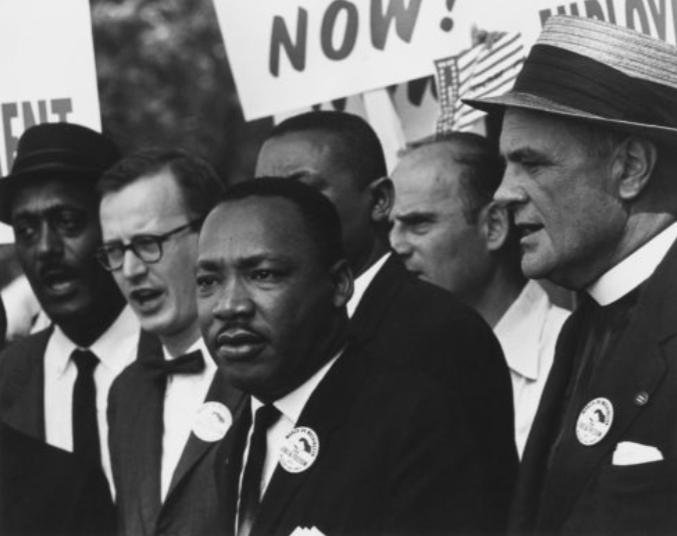
by Elise Tran & Aminah Khan, Staff Writers
The month of February marks the beginning of black history month. It’s important to acknowledge black history and how society has progressed over time.
In 1926, Carter G. Woodson started Negro history week which his organization, Association for the Study of Negro Life and History (ASNLH), supported. Negro history week was placed in the second week of February to coincide with both Abraham Lincoln and black rights activist Frederick Douglass’s, birthdays. Many cities began to recognize Negro history week.
The Civil Rights Movement is a monumental part of Black history. The movement lasted for over ten years starting in the mid-1950’s.
One of the events that ignited the movement was a suit was filed against the Board of Education of Topeka, Kansas in 1951. 13 parents came together to fight the segregation happening in schools. In 1954, a unanimous vote was made due to racial segregation being unconstitutional and began to desegregate schools.
A year later, Rosa Parks declines to give up her seat to a white person in the colored section of the bus. Parks got arrested for her actions which caused bus boycotts which lasted for more than a year. Buses were no longer segregated by the end of 1956.
In 1963, Martin Luther King Jr. speaks in front of a crowd of 200,000 in Washington D.C. presenting his famed “I Have a Dream” speech. His words moved the hearts of many by preaching about tolerance and equality as he continued to lead peaceful protests.
In the late 1960’s with the help of the Civil Rights Movement, college campuses began to extend Negro history week to Black history month. It became formally recognized by President Gerald R. Ford on February 10, 1976.
“[Black History Month is] interesting, because you can really be inspired by it. You see these people struggling and their stories should be told and a lot of things now in our culture comes from black roots like music, jazz music, and a lot of stuff,” said Bonnie Le (‘20).
The push to acknowledge more achievements by African Americans and their benefit to society has increased because of Black History Month. Black history not only shows the struggles many people of color had to endure to achieve equal rights, but it teaches others the privilege of living in this day and age.
“As a black woman, it holds a lot of importance to me because it shows that the world is still thinking about us and and we’re getting better than how it used to be before towards hatred, towards black people,” said Wafaa Zekeria (‘19)





